As populism spreads, cities, not states, are advancing direct democracy
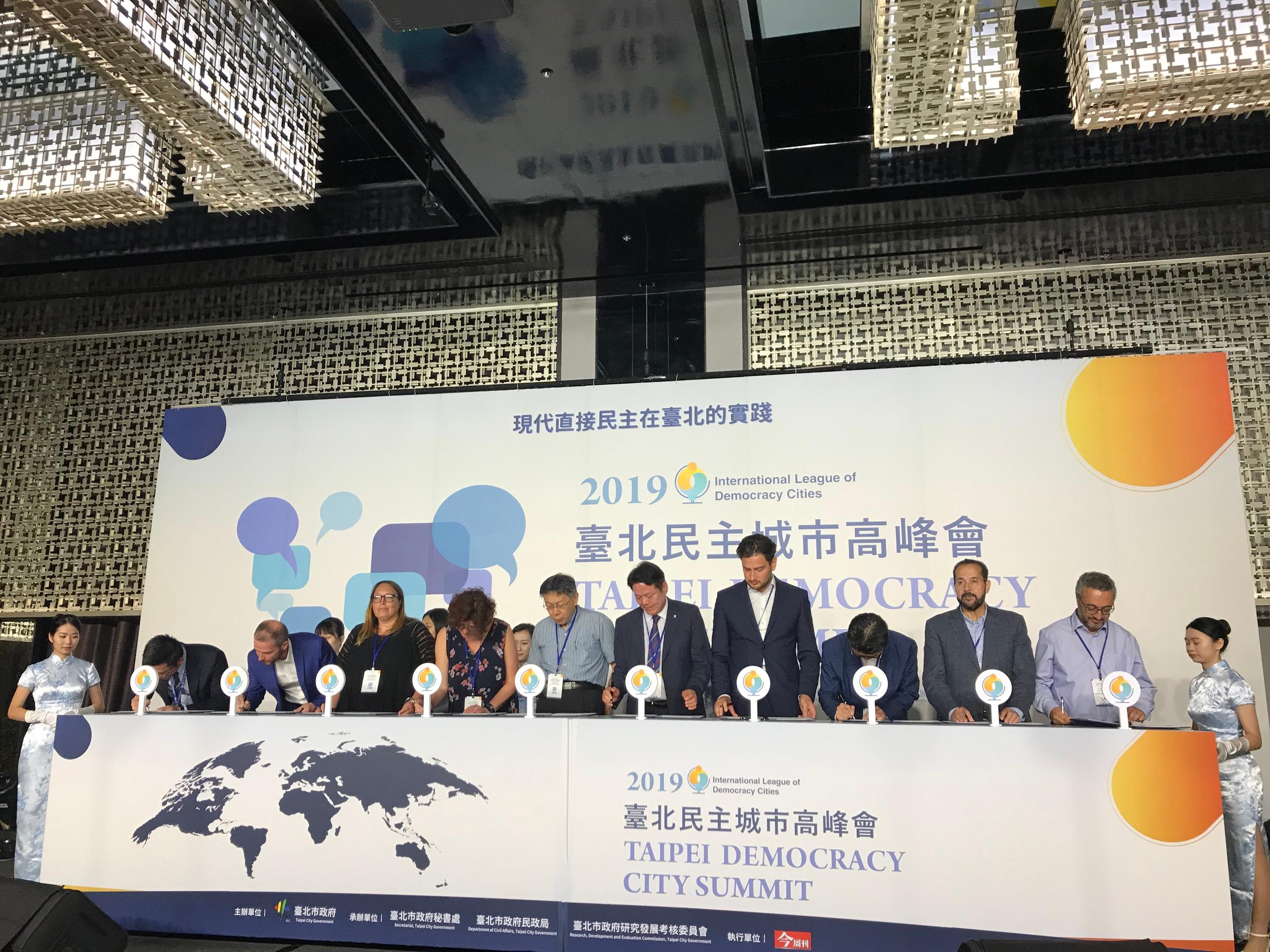
A global group of activists, experts and politicians gathered in Taipei, Taiwan, this month to establish an international league of democratic cities. The Swiss capital Bern is one of the about 80 cities that want to coordinate and advance grassroots democracy on local levels.
The approach is to give people more of a say on problems that affect them directly in everyday life.
The network was established at the 8th Global Forum on Modern Democracy, which was held in Taichung and Taipei in early October. In addition to Bern, Taipei and Taichung in Taiwan, the founding cities are the Finnish capital Helsinki, the Czech city of Brno, Metz in France, Mexico City, Tunis, Anyang in South Korea and Kashiwa in Japan.
The league enshrined a so-called Magna Charta of 20 principles. They serve as a compass in the cities’ efforts to give their inhabitants a greater say in everyday affairs. The charter is not binding, and the cities have not committed themselves to implement all 20 points, as Swiss co-initiator Bruno Kaufmann said in Taipei.
At the league’s founding event in Taipei, mayors, activists and experts shared insights into the varied set of tools and formats of direct democracy that already exist in their countries.
This autumn, swissinfo.ch puts a spotlight on Taiwan.
Two journalists from the island joined us in Switzerland to jointly report on various issues.
Our reporters also participated at the World Forum for Democracy 2019, which took place October 2-5 in Taichung and Taipei, and profiled Swiss citizens living in Taiwan. The next global forum will take place in the Swiss capital, Bern, next year.
Citizen budget
One focus of the discussions was the citizen budget, the ‘dinosaur’ of direct democracy. In Taiwan, there is a wide spectrum of such budgetary initiatives. They range from designing children’s playgrounds and city parks to the annual budget plan for the state health system, according to local representatives.
“Citizen budgets are often door openers for more participatory democracy,” said Dun-Yuan Chen, professor of public administration at Chengchi National University in Taipei.
“But when it comes to especially complex tasks like the annual budget plan for our complicated public health system, laypeople often need support,” he said. “Only with such support can they meaningfully participate in expert groups.”
In Taiwan, citizen activists often receive training in advance of such meetings, training that helps to somewhat reduce the existing asymmetry in knowledge in mixed committees.
Nevertheless, Chen says that citizens should be involved, especially in complicated topics. “This is the only way to achieve genuine participation and democratic support for decisions instead of just using democracy as a fig leaf,” he said.
Limits and successes
Other limits became apparent in later discussions: a Taipei municipal official heaped praise on his city’s citizens’ budget.
However, in response to a question by Bruno Kaufmann, the league’s Swiss co-initiator, the man conceded that the part of the budget allowing citizen involvement was “not yet that big.”
In fact, it was less than one million New Taiwan dollars, he said, the equivalent of around CHF30,000 ($30,124).
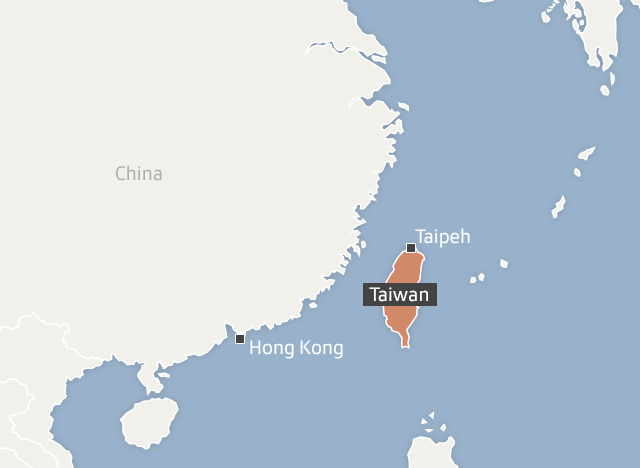
It was evident that a city of 2.7 million inhabitants had a lot of room for improvement. Also, citizens can only make project proposals. It is ultimately up to the authorities to decide what project would be implemented.
But the Taipei official received some face-saving help from a member of the audience.
Asked about a successful example of a grassroots initiative that had worked out within this framework, he spoke of an project by a group of parents who wanted to improve playgrounds. Today, there is a team in the administration that makes sure that parks and playgrounds are children-friendly.
The league’s co-initiator Joe Mathews spoke of another example in his American home state of California, where local administrators went one step further on public playgrounds.
“The authorities invited all the children and they could vote on three different concepts,” he said.
Whether public places, neighbourhood activities, culture, California has extended direct democracy to all areas of life, Mathews said.
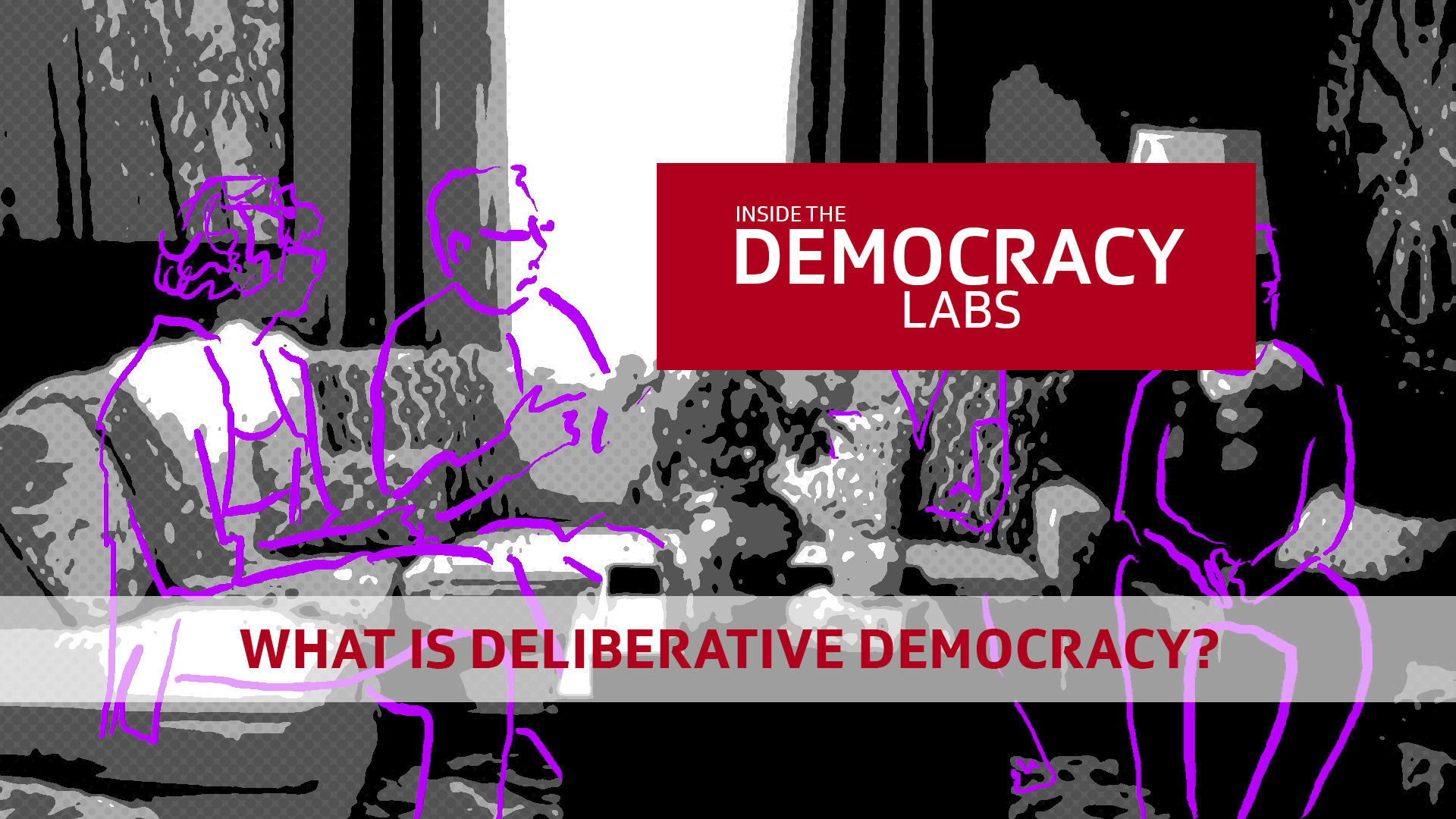
More
Bringing everyone to the table
Ideal basis
Local matters are an ideal basis for participative processes to take root in societies, said Caroline Vernaillen, global community manager of Democracy International, an NGO that co-organized the forum.
She added that the experience gained could inspire the strengthening of direct participation at higher levels and help improve trust in government in general.
As promising as her approach might sound, direct democracy is far from being embraced by city representatives around the globe.
“Participatory politics requires sacrifice by politicians and administrators,” said Yun-Hsiang Su, professor of law at the National University of Taipei.
Su’s statement, in less polite language, is clear: politicians and city officials usually don’t like to share their power voluntarily with citizens. Apart from the elections every four years, they often prefer to citizens to leave politics to them, the professionals.
Adapted from German by Patrick Böhler

In compliance with the JTI standards
More: SWI swissinfo.ch certified by the Journalism Trust Initiative














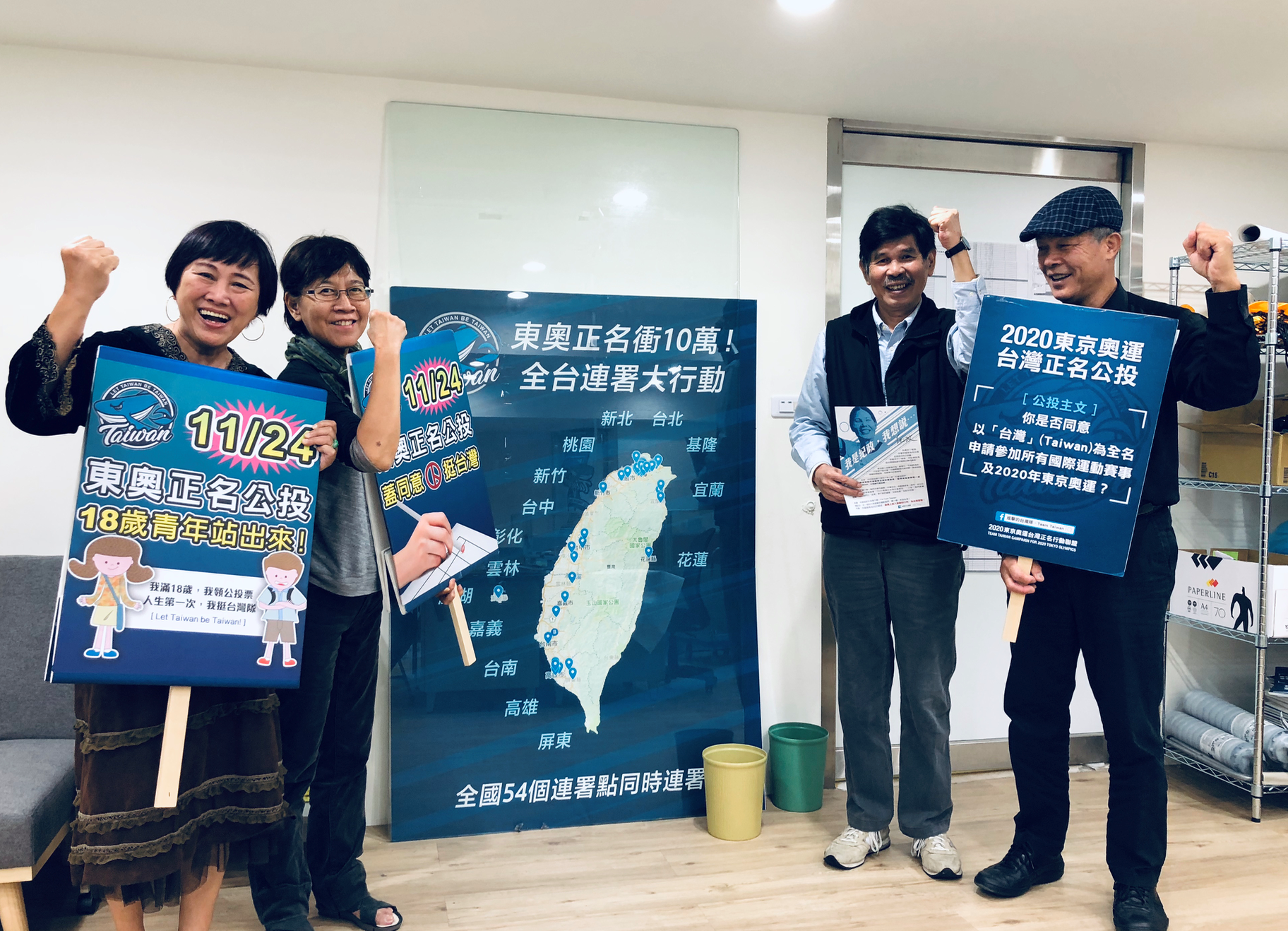
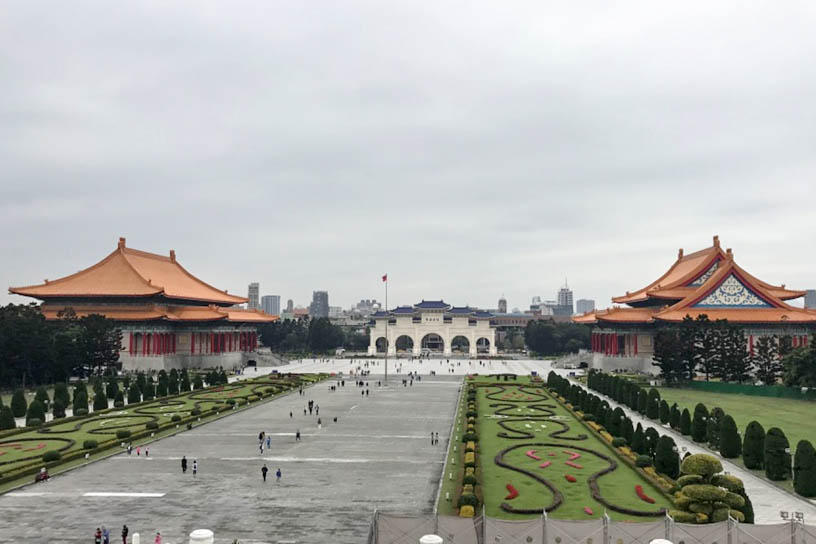
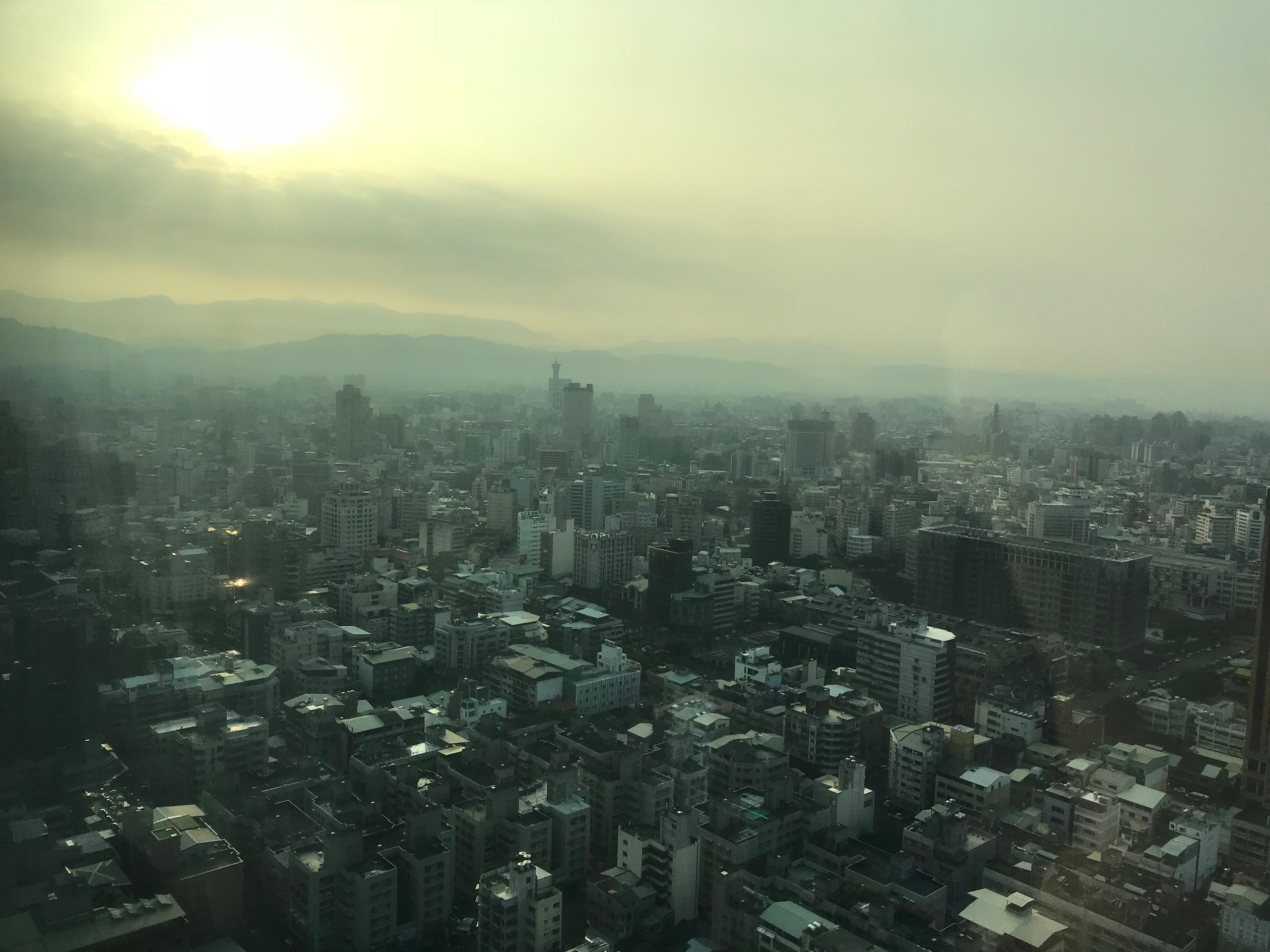
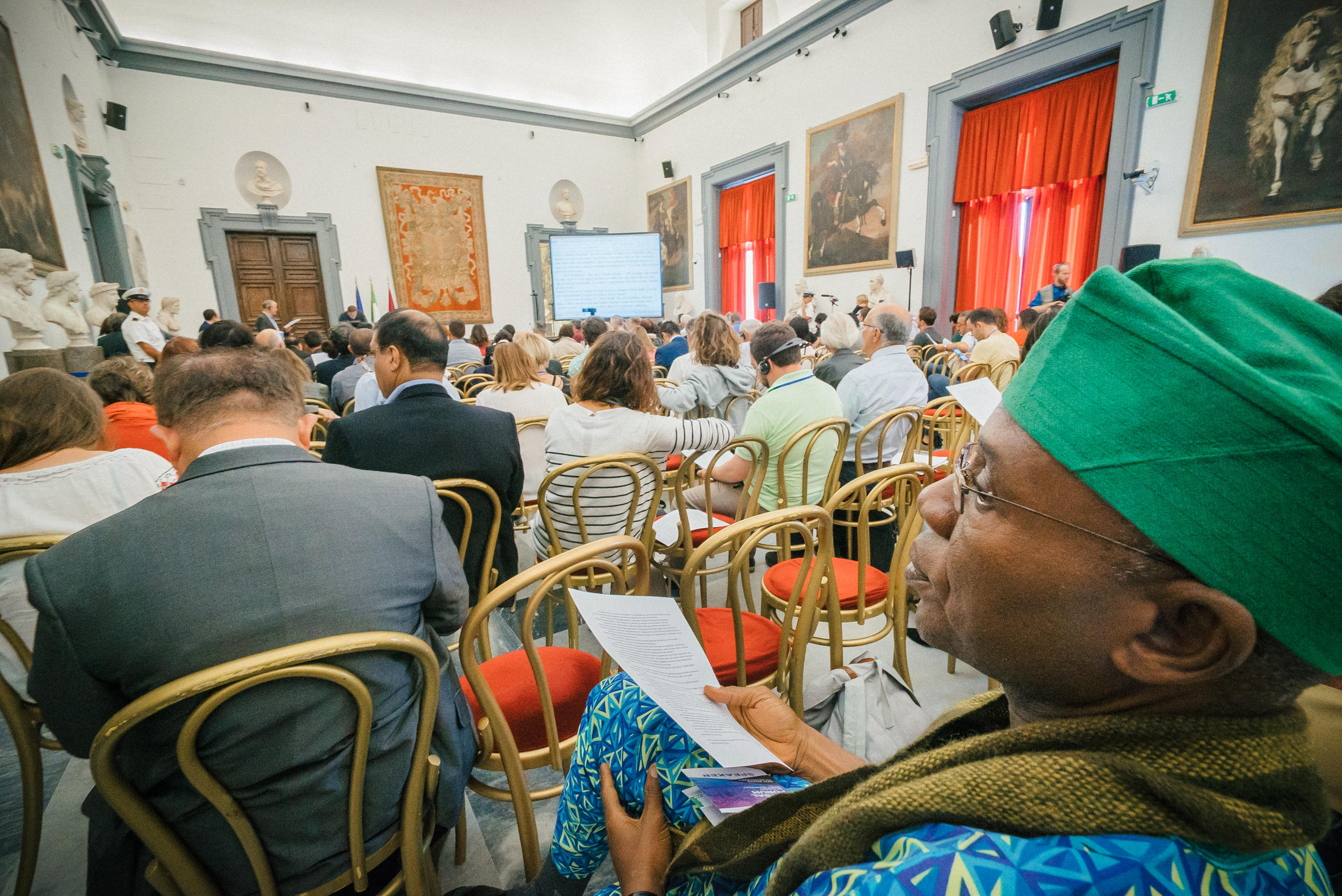
You can find an overview of ongoing debates with our journalists here . Please join us!
If you want to start a conversation about a topic raised in this article or want to report factual errors, email us at english@swissinfo.ch.